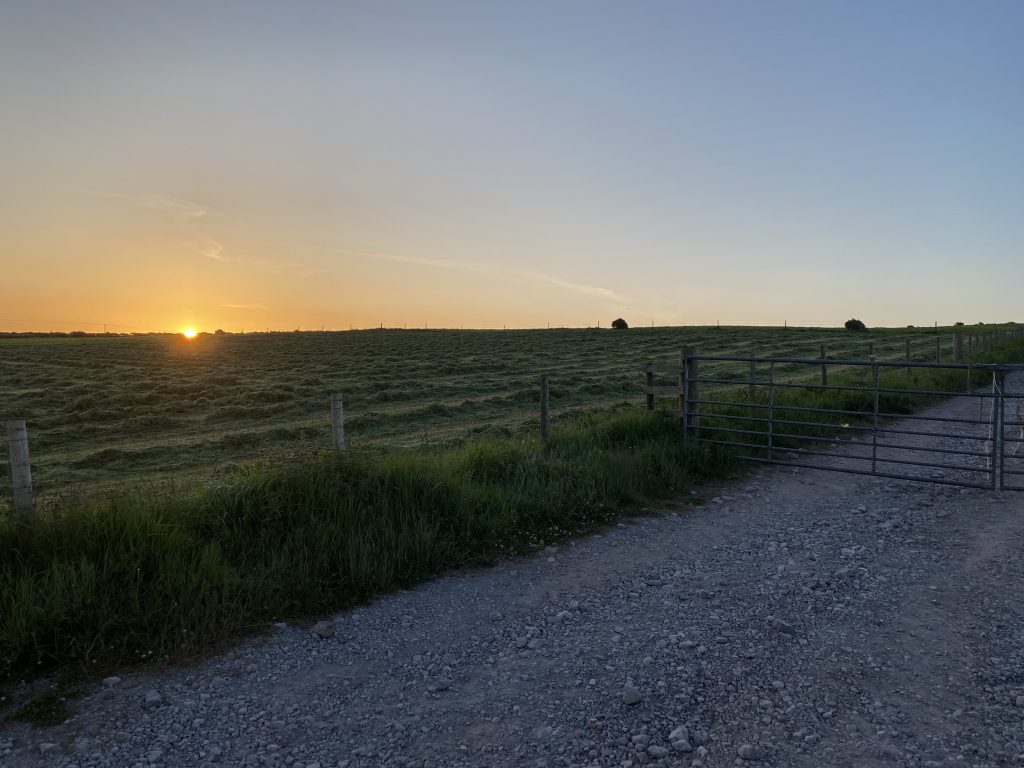Natural capital refers to the stock of natural resources, ecosystems, and services that provide valuable benefits to human beings and the planet as a whole. It encompasses all elements of nature, such as air, water, minerals, forests, wetlands, biodiversity, and other renewable and non-renewable resources.
The concept of natural capital recognizes that the natural environment has inherent value and provides essential goods and services that support human well-being and economic activities. These services, often referred to as ecosystem services, include things like clean air and water, pollination of crops, climate regulation, soil fertility, and recreational opportunities, among others.
The idea behind natural capital is to recognize and account for the value of these ecological resources and services in economic and development decision-making. By assigning a value to natural capital, it becomes possible to integrate environmental considerations into economic systems and policies. This approach aims to promote sustainable development by ensuring that the benefits provided by nature are adequately considered, protected, and sustainably managed.
Valuing natural capital involves quantifying and assessing the ecological, economic, and social benefits provided by ecosystems and natural resources. This can be challenging, as many of these benefits are not traditionally bought or sold in markets, and their value is often not fully appreciated until they are degraded or lost. However, various methodologies and tools have been developed to estimate and account for the value of natural capital, such as ecosystem valuation techniques and natural capital accounting frameworks.
The concept of natural capital is closely linked to the broader idea of sustainable development, which seeks to balance economic growth, social well-being, and environmental stewardship. By recognizing and incorporating the value of nature into decision-making, natural capital approaches aim to promote more sustainable and responsible practices that support both human needs and the long-term health of the planet.
